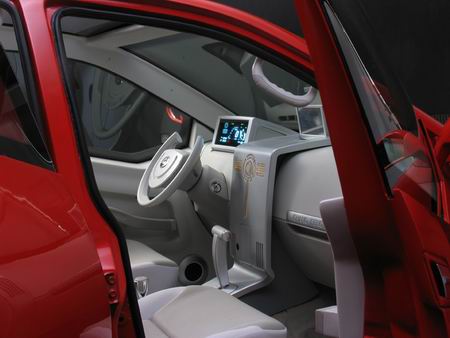Skin color discrimination
A recent study says that skin tone affects earnings in the U.S. The darker the skin is, the higher the chance to get paid less than the counterparts with lighter skin do. The study looks at legal immigrants to the U.S. from around the world.
Several other findings from the study:
-/ Taller immigrants earn more than shorter ones, with an extra inch of height associated with a 1 percent increase in income.
-/ Skin tone still seemed to make a difference in earnings, although other factors that could affect wages (e.g. English-language proficiency, education, occupation, race or country of origin) are taken into consideration.
"... that means that if two similar immigrants from Bangladesh, for example, came to the United States at the same time, with the same occupation and ability to speak English, the lighter-skinned immigrant would make more money on average."
So life's better in the U.S. if your skin color is relatively lighter, or if you're tall. This is sad.
The study also confirms that many cultures show a bias toward lighter skin.
I think Asian cultures strongly show that bias. Bule in Indonesia and Mat Saleh in Malaysia clearly often get preferred treatments over the locals.
They - the foreigners, the white men - probably deserve it, though. Usually, these people are financially better than most locals (except, of course, bules in Jalan Jaksa). And the attitudes too - they typically are more confident and demanding when it comes to service, compare to most locals. They speak English, or a foreign language, for the sake of it. And... perhaps their skins are lighter too...?
Is it the Asian politeness (or dumbness)? Is it that we were colonalized for quite a long time, that we now feel inferior?
What about the Japanese, who, despite of their well-known politeness, are one of the economic and technology 'powerhouses' in the world? But they are already light-colored...
[Read more...]




 And a bit closer...
And a bit closer...









 I'm not sure whether nationality matters, but I would guess those from the commonwealth nations would have a better chance. I couldn't find what the 50 MBA institutions are, but 10 of them are U.K. institutions and 40 are from the rest of the world.
I'm not sure whether nationality matters, but I would guess those from the commonwealth nations would have a better chance. I couldn't find what the 50 MBA institutions are, but 10 of them are U.K. institutions and 40 are from the rest of the world.


